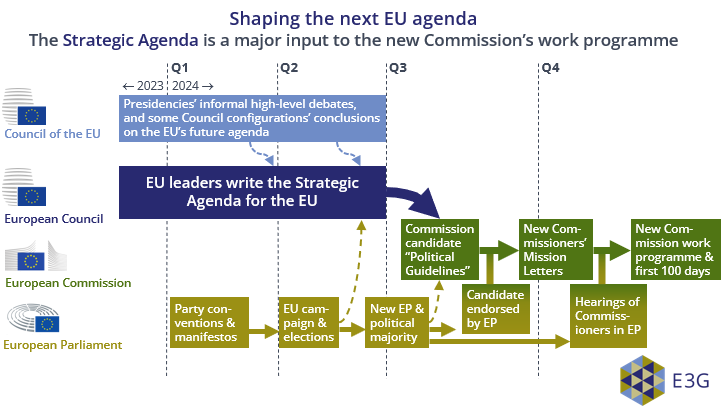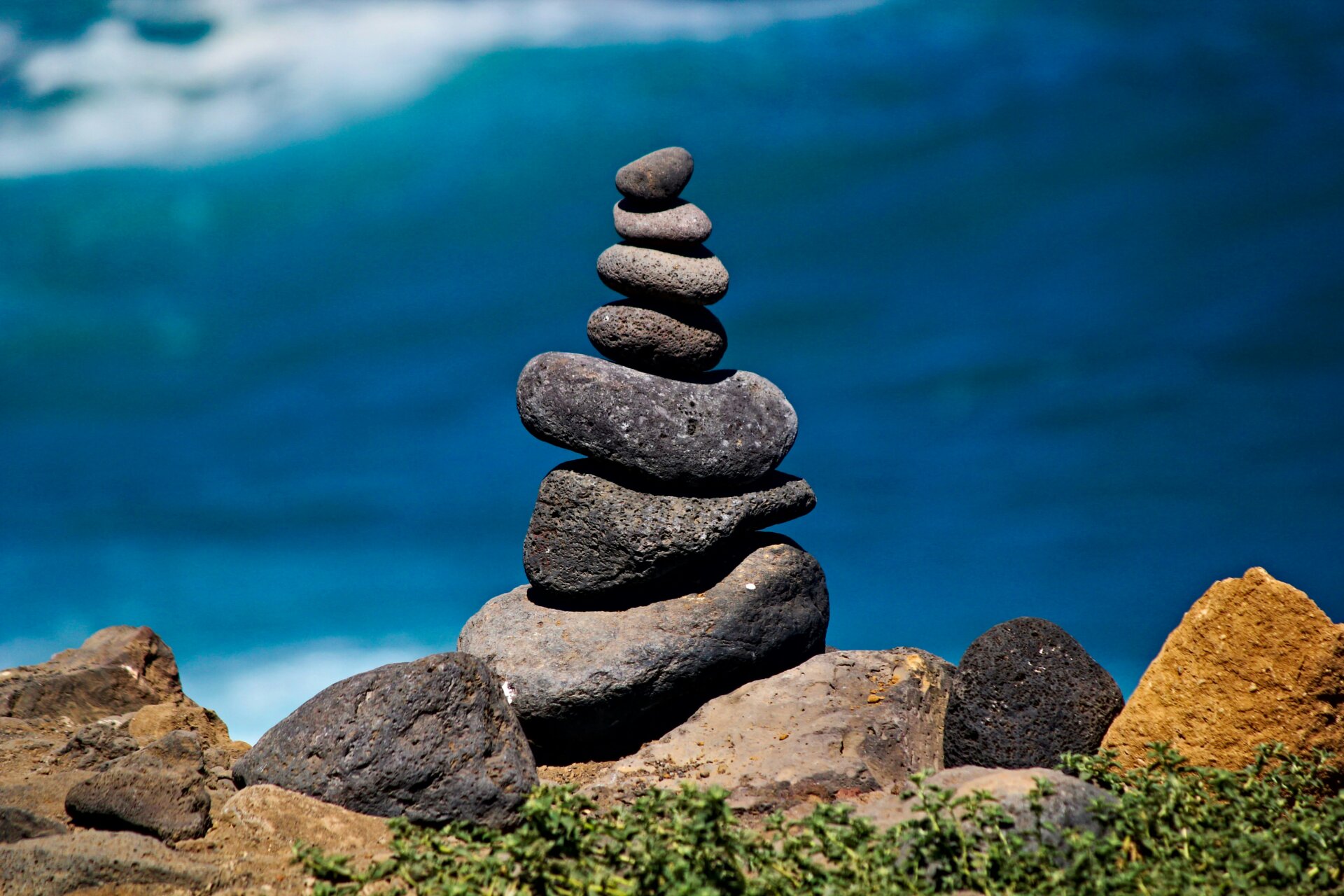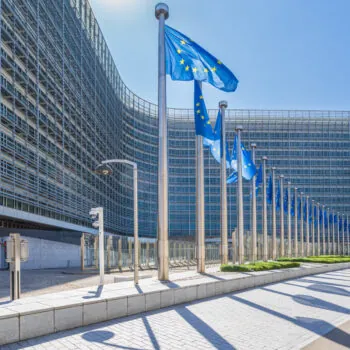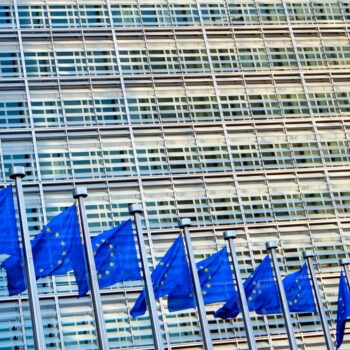European leaders will soon meet to begin re-hashing the EU’s priorities for the next five years. Amid crisis upon crisis, they will be looking to forge security – geopolitical, economic and social. Reinstating the EU’s previous priority of a climate-neutral, green and fair Europe can serve as a strategic north star, guiding the way to both security and resilience.
This orientation briefing sheds light on the drivers and personalities at play at this important crossroads. We set out four benchmarks for how the EU Strategic Agenda can address leaders’ concerns and European challenges.
Setting the stage for the next EU political cycle
EU leaders will meet on 17–18 April for an Informal European Council to continue discussions on the Strategic Agenda for 2024–2029. With this process concluding in June following the European elections, limited time remains to shape the contours of the next political cycle.
Leaders’ mission will be to set the tone and direction for the rest of the decade. On their minds is the need for stability amid crises both domestic and international.
Sustained climate action is not just necessary given growing climate impacts. It is also part and parcel of achieving social cohesion and long-term economic security. Moreover, the political conditions needed to achieve these goals are the same. EU leaders can take this opportunity to embed those conditions in the Strategic Agenda.
Benchmarks for success in the EU Strategic Agenda
The European Green Deal is the EU’s blueprint for modernising the economy, ramping up competitiveness, and building energy and socio-economic security. Now is the time to update and accelerate it by agreeing an ambitious 2040 emissions target, strengthening climate resilience, embedding a just transition, and turning policies into action.
Compared to the investment and ambition signalled by Chinese and US plans, the EU’s industrial strategies have struggled to make the same impact. By making bolder and faster decisions, and making its strategy work in unison with private finance and public funding, the EU can strengthen its position as a global green leader.
The EU must address the unequal social distribution of its economic transformations – in terms of both impacts and opportunities. Key to this would be strengthened social protection and participation, via a Just Transition Policy Framework.
The energy transition is ushering in a new era of geopolitics. Amid trends towards nationalism, the EU needs to show a cooperative approach. Clean transition partnerships with emerging economies can help to build both bridges and influence.
What’s next?
- The European Parliament elections take place on 6–9 June. The outcome can boost or weaken the status of certain priorities and political players going into the final Strategic Agenda discussions.
- Leaders will finalise the EU Strategic Agenda at the 27–28 June European Council. They will also attempt to agree on nominees for the EU’s “top jobs”.
- The European Council will nominate the next President of the European Commission. The nominee will develop priorities for the new Commission, which will have to incorporate the guidance from EU leaders, while also courting an endorsement from a majority of newly elected MEPs.

People to watch
- European Council President Charles Michel. Holding the pen on the Strategic Agenda, which will be part of his legacy (and resumé as he job-hunts).
- Emmanuel Macron and Olaf Scholz. The Franco–German relationship is strained, but their agreement is generally needed to make something an EU priority.
- Donald Tusk. Making a comeback to the EU stage as Polish Prime Minister – an experienced hand with the opportunity to rebuild EU–Poland relations.
- Farmers. Their protests have topped headlines in 2024, in some cases levelling criticisms at the European Green Deal, but the background to this story is complex.


